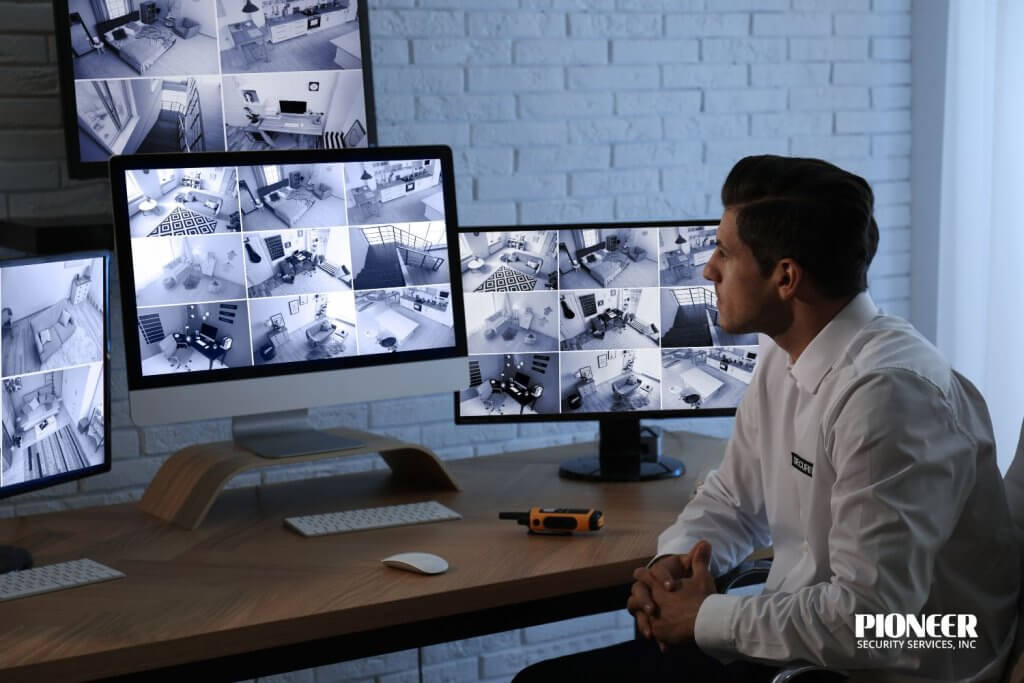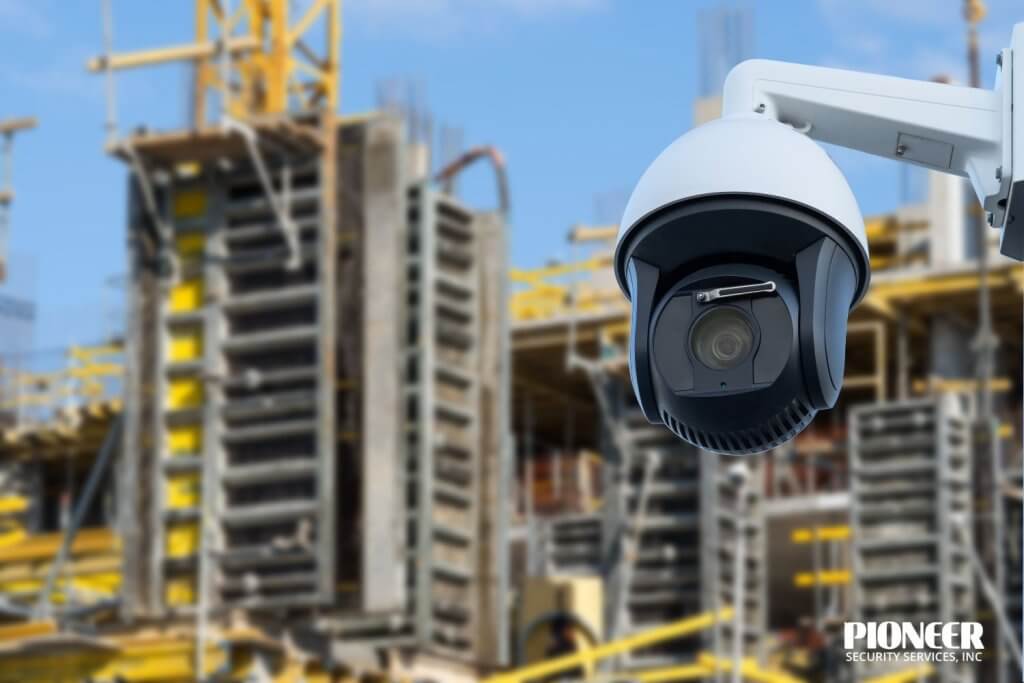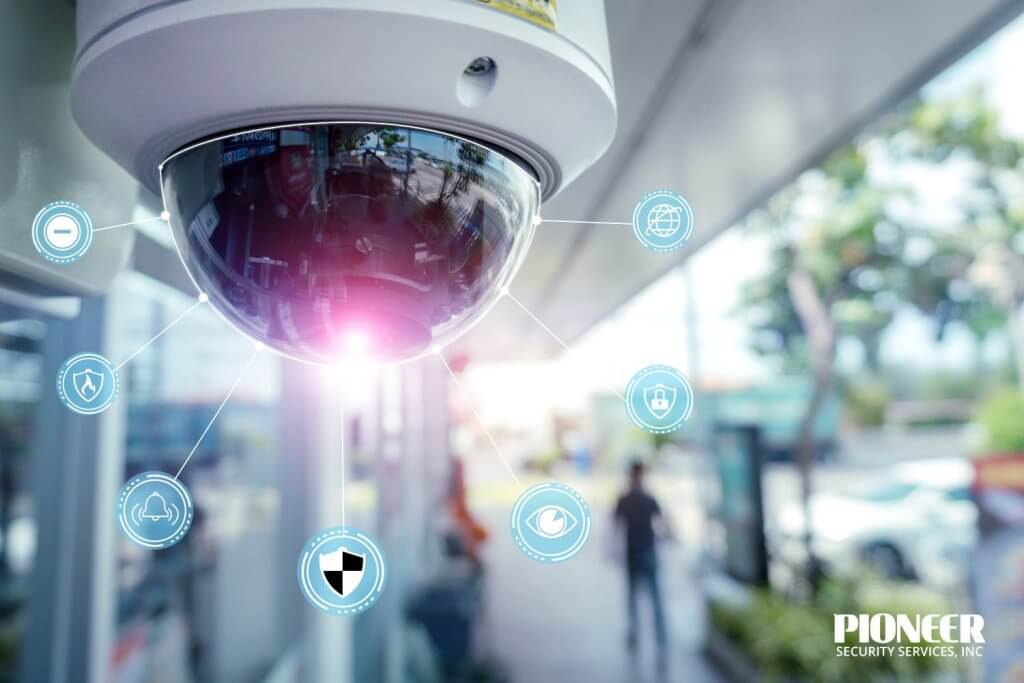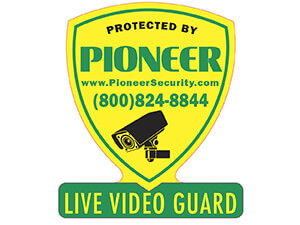Securing What’s Out of Sight
Traditional commercial property security focuses on office buildings, storefronts, or gated communities with regular foot traffic and quick emergency response access. However, remote site security for construction zones, mining operations, energy fields, or critical infrastructure faces unique challenges, often inadequately addressed by outdated methods.
Conventional approaches, such as patrolling guards, motion-triggered alarms, or passive camera recordings, fall short for remote site security and high-risk site security. Guards cannot cover vast areas, alarms lack real-time verification, and recordings only document damage after it occurs, creating a false sense of protection.
Live video monitoring offers a proactive security solution, combining smart surveillance with human intelligence to provide 24/7 visibility and intervention, even in isolated environments. This article explores why live video monitoring is a smart investment for remote site security and high-risk site security, detailing vulnerabilities, benefits, and implementation strategies.
Understanding the Risks of Remote and High-Risk Sites
Theft and Vandalism
Remote site security challenges include theft and vandalism, as expensive materials and equipment at construction sites or industrial yards sit exposed overnight. These areas attract thieves due to minimal surveillance and delayed law enforcement response, with low recovery rates and rising insurance costs after incidents.
Limited On-Site Staff
Many remote locations, such as utility substations or rural warehouses, lack after-hours staff, allowing breaches to escalate unnoticed. This absence of personnel heightens vulnerabilities for remote site security.
Environmental and Operational Hazards
High-risk site security concerns extend to environmental and operational dangers at chemical plants, oil fields, or construction zones. Fires, gas leaks, or machinery failures can go undetected without real-time monitoring, risking lives and property.
Response Time Delays
In remote areas, emergency response times often exceed 20 minutes, assuming alerts are timely. False alarms may be ignored, and real threats can go unaddressed, compromising remote site security.
Limited Visibility
Passive CCTV and motion-triggered alerts provide limited visibility, recording events without real-time intervention, inadequate for high-risk site security.
Regulatory Compliance
Industries like construction or hazardous material handling face strict safety regulations. Non-compliance due to inadequate monitoring can lead to fines or halted operations, impacting high-risk site security.
These vulnerabilities highlight the need for live video monitoring to deliver proactive security for remote and high-risk sites.
What Is Live Video Monitoring and How It Works
Live video monitoring integrates AI-powered surveillance with human monitoring to provide 24/7 proactive security for remote site security and high-risk site security. Unlike traditional CCTV, it actively analyzes and responds to threats in real time.
High-definition cameras with AI detect behavioral patterns, such as unauthorized entry or object movement. Alerts are sent to a monitoring center, where trained professionals verify threats, issue audio warnings (e.g., “Leave the area immediately”), contact site managers, or dispatch law enforcement. This human-AI hybrid ensures accurate, instant responses, filtering out false alarms and documenting incidents for insurance or compliance.
For remote and high-risk sites, live video monitoring delivers visibility and intervention without on-site presence, offering elite crime prevention at a fraction of traditional guard costs.
Why Now? The Rise of Live Video Monitoring in Today’s Security Landscape
Evolving security threats outpace traditional commercial property security for remote site security and high-risk site security. On-site guards are costly, and passive CCTV only records post-incident damage.
Live video monitoring gains traction due to:
- Smarter Criminals: Thieves bypass outdated systems, necessitating advanced detection (Security Industry Association, 2024).
- Costly Staffing: Guards cost $35,000-$60,000 annually per officer, unreliable in remote areas (Bureau of Labor Statistics, 2024).
- Technological Advances: Faster internet, AI cameras, and mobile access enable seamless live video monitoring anywhere.
Businesses demand proactive security to prevent issues, making live video monitoring essential for modern crime prevention.
Real-Time Eyes on Remote Locations
Remote and unmanned sites, such as utility substations or storage yards, are prime targets for theft, vandalism, and hazards due to their isolation. Live video monitoring provides 24/7 remote site security with advanced cameras that pan, tilt, zoom, and operate in low-light conditions.
When suspicious activity is detected, operators issue speaker warnings or escalate to law enforcement within seconds, filling the after-hours security gap. Stored footage supports insurance claims and investigations, ensuring comprehensive proactive security for remote site security.
Benefits of Live Video Monitoring for High-Risk Zones
Theft Deterrence
Live video monitoring deters intruders with visible cameras and live response, reducing theft risks for high-risk site security through audio warnings and law enforcement escalation.
Emergency Response
Operators detect fires, leaks, or medical emergencies instantly, alerting responders to save lives and property, critical for high-risk site security.
Incident Documentation
Recorded footage clarifies safety violations, equipment failures, or breaches, supporting legal and insurance claims for proactive security.
Compliance Support
Live video monitoring ensures adherence to safety regulations in high-risk industries, providing audit trails to avoid fines and maintain high-risk site security.
Industry Use Cases: Where It’s Making the Biggest Impact
- Construction Sites: Deter intruders, monitor safety, and ensure compliance.
- Oil and Gas Fields: Wide-area visibility, hazard detection, rapid response.
- Logistics Hubs: Ensure cargo integrity, monitor access points, optimize traffic flow.
- Mining Operations: Prevent unauthorized entry, monitor machinery, and enhance safety.
- Power Plants and Utilities: Protect against trespassing and failures.
Cost-Effectiveness: Smarter Spend, Stronger Security
Traditional guards cost $35,000-$60,000 annually per officer. Live video monitoring provides full-site surveillance and live response at a lower cost, with scalable pricing for multiple locations.
Benefits include reduced theft, fewer incidents, lower insurance premiums, and minimized downtime, delivering strong ROI.
Common Objections and Why They Don’t Hold Up
Privacy Concerns
Monitoring focuses on security zones with encrypted footage, ensuring privacy.
Technology Reliability
Systems feature fail-safes, backups, and cloud connectivity.
Perceived Cost
More cost-effective than guards, reducing losses and insurance costs.
The Future of Remote Site Security
Future systems will feature real-time object recognition, behavior analysis, and predictive alerts, preventing issues proactively.
How to Choose the Right Provider for Your Site
- Industry Experience
- Advanced Technology
- Rapid Response
- Scalability
- Customer Support
Final Thoughts: A Smarter Way to Stay Secure
Live video monitoring delivers proactive security for remote site security and high-risk site security, surpassing traditional methods. Contact Pioneer Security Services to implement live video monitoring and secure your site with advanced crime prevention.






